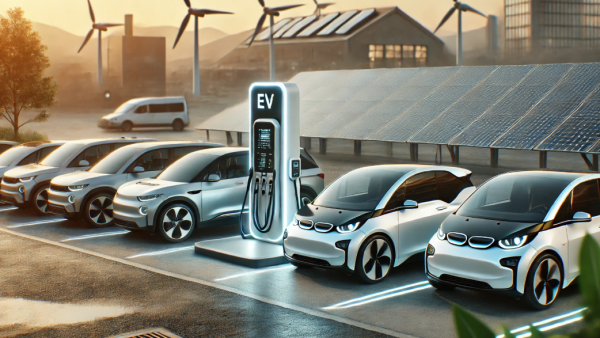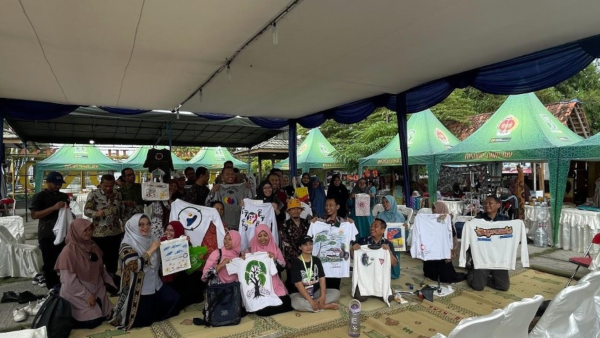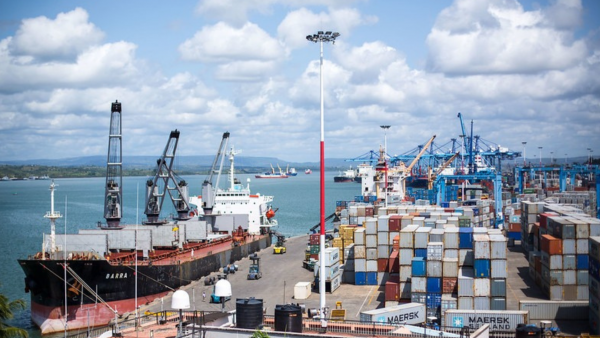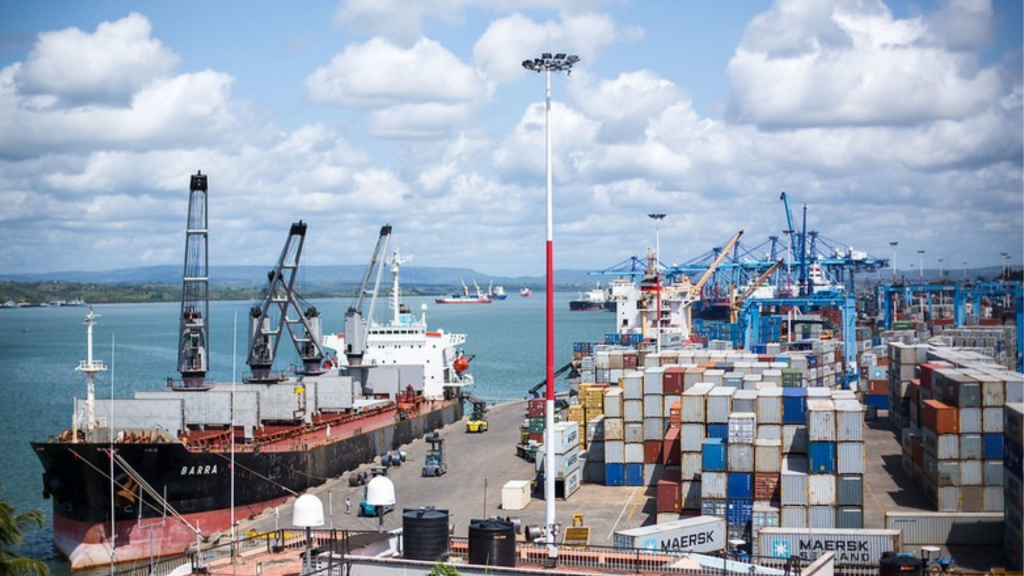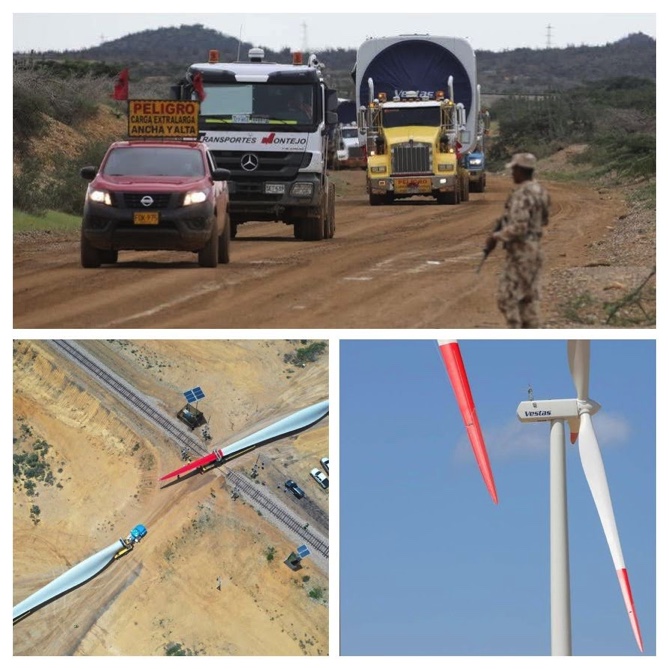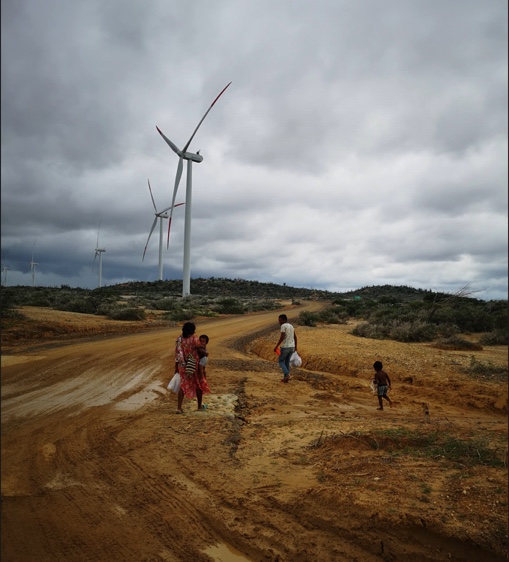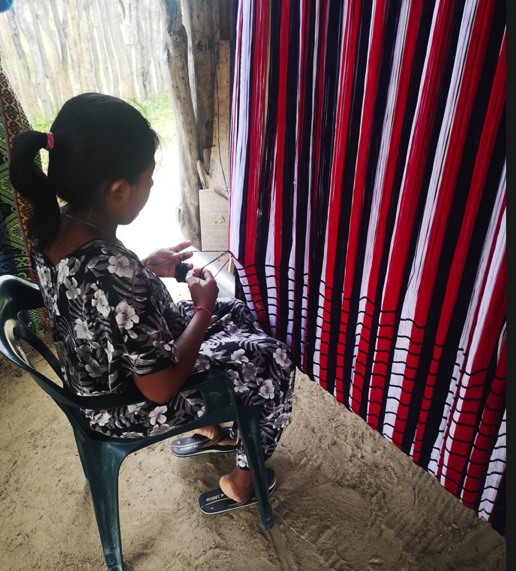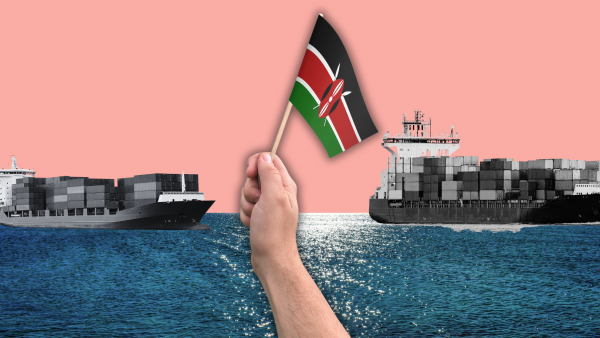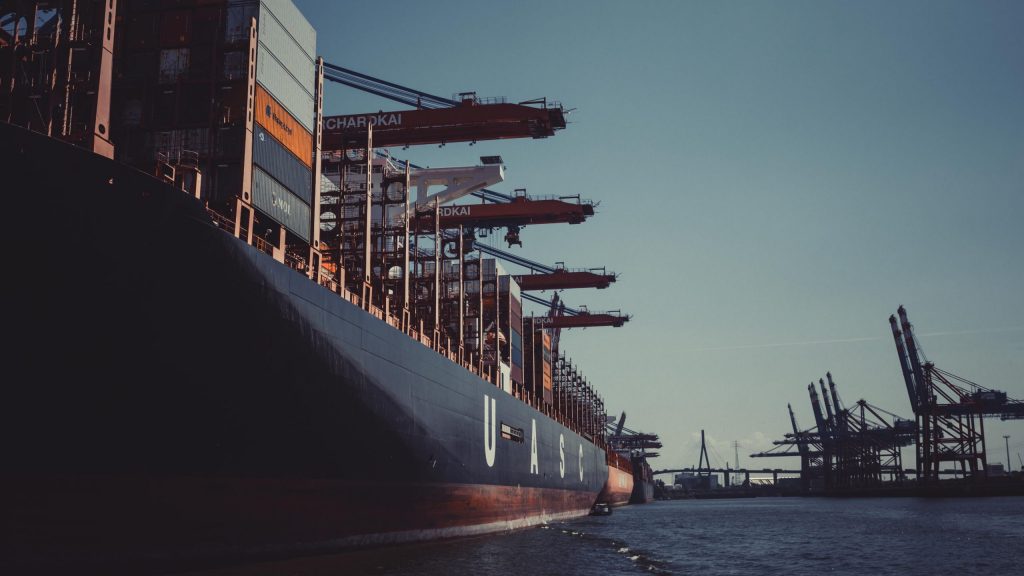By Cornel Ban

Observers of the Chinese EV ascendancy are correct in highlighting how China’s industrial policy, rare earth abundance, and subsidies have left Europe lagging in the race to electrify the automobile industry. Yet, their analysis misses three crucial financial dimensions underpinning China’s success in cleantech innovation and EV leadership.
First, the People’s Bank of China (PBOC) has, for over a decade, implemented targeted financial programs offering lower interest rates for cleantech industries, encompassing the entire EV value chain. This is a stark contrast to the European Central Bank (ECB), which has been notably hesitant to deploy such tools. The ECB briefly flirted with green-targeted lending in 2022 but failed to sustain these measures, missing an opportunity to align monetary policy with Europe’s industrial and climate goals.
Second, China has taken to heart the classical liberal argument that market failures necessitate state intervention in public infrastructure provision. In the context of EVs, this meant prioritizing the construction of a proper nationwide charging network, a move Europe largely neglected. Despite possessing the financial capacity to blanket the continent with EV infrastructure, the EU left the task to market forces that failed to deliver this infrastructure at scale. Even Germany, the country most acutely affected by the automotive crisis, failed to mobilize the needed public investment. The result is a fragmented and underdeveloped charging infrastructure, with a few exceptions in small member states that lack significant car manufacturing sectors.
Finally, China’s state-owned banks, government funds, and venture capital ecosystems have been systematically incentivized to channel massive financing into the EV value chain. Europe’s state-backed financial institutions, by contrast, have largely been bystanders despite their significant resources. Rather than orchestrating a cohesive financing strategy to support electrification in automotive, Europe has appeared content to hope for market-led solutions—a strategy that now risks cementing its position as a technological and industrial laggard.
The implications are stark. As China consolidates its role as the world’s dominant manufacturer and financier of green technology, Europe seems resigned to retreat behind a wall of tariffs and comforting narratives of global standard-setting on decarbonization. But this strategy is ultimately self-defeating. Without bold financial intervention and industrial coordination, Europe risks deeper deindustrialization, forfeiting not only its competitiveness but also its capacity to lead the green transition on its own terms.
Cornel Ban is an Associate Professor in the Department of Organization at Copenhagen Business School
See Cornel Ban’s views on this topic mentioned in the following posts:
https://www.politico.eu/article/northvolt-bankruptcy-ceo-peter-carlsson-resign-eu-battery
https://www.politico.eu/article/tesla-trump-and-the-china-trade-tariff-clash

